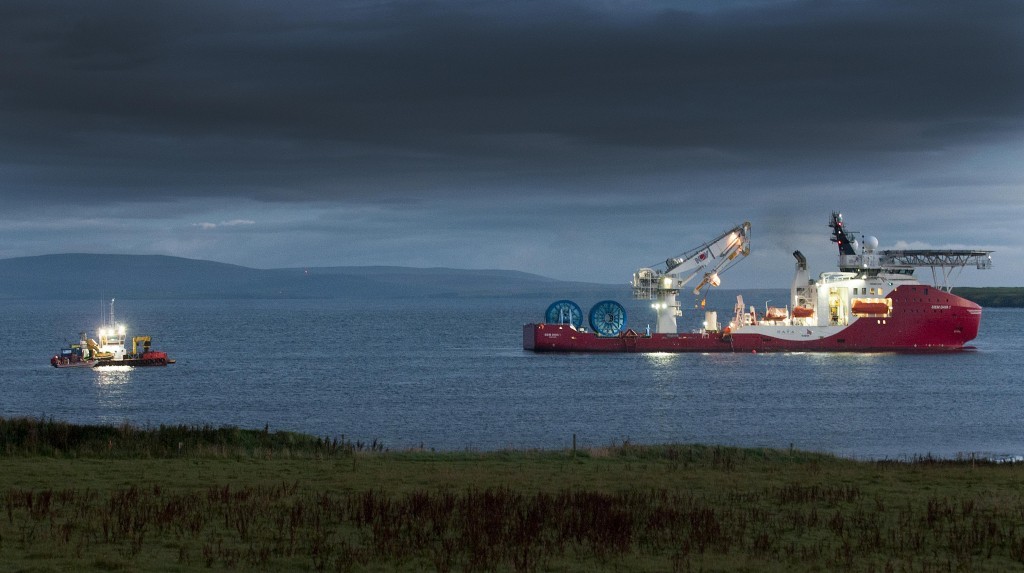
Wave and tidal energy are being “effectively locked out” of the renewables sector, according to a marine energy boss.
Chairwoman of the Marine Energy Council Sue Barr claimed today her sector was suffering through having to compete with proven technologies, such as offshore wind.
Ms Barr was referring to the UK Government’s Contracts for Difference (CfD) auction round, which make renewables projects compete with each other on price to gain approval.
She was commenting after the release of a new report into the sector delivered by the UK Marine Energy Council and trade body Scottish Renewables.
Ms Barr said: “If any developer wants to go into the CfD round they will be competing with the likes of offshore fixed wind, where we’ve seen prices much lower than marine technology can achieve at the moment.
“Both tidal stream and wave power are effectively locked out of the UK energy market by a system which means they must compete with proven technologies.
“If we as a country really want to reap the benefits of building these sectors in the UK, now is the time to act.”
Scotland has a number of successful tidal energy projects close to realising realisation.
Orkney-based Orbital Marine Power’s tidal turbine smashed all industry records last year, while Simec Atlantis Energy’s MeyGen tidal array in the Pentland Firth is about to undertake expansion.
Ms Barr suggested a separate auction round should be held for emerging technologies.
She also proposed an ‘innovation power purchase agreement’ model, which provides a framework for small-scale tidal and wave technologies to deploy devices in UK waters, and also secures a market for the power they produce.
She added: “For the government, it’s also worth looking at the economic benefits, where are the jobs created?
“Currently, we don’t manufacture offshore wind turbines in the UK but the leading wave and tidal developers are based here.
“We think it’s important that we secure those benefits for the regions, such as Orkney and the Highlands and Islands.”
Claire Mack, Scottish Renewables chief executive, added: ““Getting the development pathway for these technologies right means being able to increase the benefits the sector delivers, help balance our energy system and export more of our knowledge abroad – as well as cutting the costs of these innovative technologies.”
Recommended for you
